Moonbeam¶
Goal¶
Moonbeam was onboarded as a parachain to Polkadot on December 17th 2021. Moonbeam is the most Ethereum compatible smart-contract parachain in the Polkadot ecosystem. It allows developers to port their projects with minimal to no code changes, enabling them to tap into the Polkadot ecosystem and all its assets.
In order to collect as much feedback as possible and provide fast issue resolution, you can check out the dedicated Moonbeam Network section on Discord.
Initial Configurations¶
Currently, Moonbeam has the following configurations:
- Runs as a parachain connected to the Polkadot relay chain
- Has an active set of 74 collators
- Has infrastructure providers that provide API endpoints to connect to the network. Projects can also run their own node to have access to their own private endpoints

Some important variables/configurations to note include (still subject to change):
| Variable | Value |
|---|---|
| Minimum gas price | 31.25 Gwei* |
| Target block time | 6 seconds |
| Block gas limit | 60,000,000 |
| Transaction gas limit | 52,000,000 |
| Variable | Value |
|---|---|
| Minimum delegation stake | 50 GLMR |
| Maximum delegators per candidates | 300 |
| Maximum delegations per account | 100 |
| Round | 1800 blocks (6 hours) |
| Bond duration | delegation takes effect in the next round (funds are withdrawn immediately) |
| Unbond duration | 28 rounds |
*Read more about token denominations
Network Endpoints¶
Moonbeam has two types of endpoints available for users to connect to: one for HTTPS and one for WSS.
If you're looking for your own endpoints suitable for production use, you can check out the Endpoint Providers section of our documentation. Otherwise, to get started quickly you can use one of the following public HTTPS or WSS endpoints:
| Provider | RPC URL | Limits |
|---|---|---|
| Blast | | 80 req/sec |
| Dwellir | | 20 req/sec |
| OnFinality | | 40 req/sec |
| UnitedBloc | | 32 req/sec |
| RadiumBlock | | 200 req/sec |
| 1RPC | | 10k req/day |
| Grove | | 5k req/day |
| Provider | RPC URL | Limits |
|---|---|---|
| Blast | | 80 req/sec |
| Dwellir | | 20 req/sec |
| OnFinality | | 40 req/sec |
| UnitedBloc | | 32 req/sec |
| RadiumBlock | | 200 req/sec |
| 1RPC | | 10k req/day |
Quick Start¶
Before getting started, make sure you've retrieved your own endpoint and API key from one of the custom Endpoint Providers. Then for the Web3.js library, you can create a local Web3 instance and set the provider to connect to Moonbeam (both HTTP and WS are supported):
const { Web3 } = require('web3'); // Load Web3 library
.
.
.
// Create local Web3 instance - set Moonbeam as provider
const web3 = new Web3('INSERT_RPC_API_ENDPOINT'); // Insert your RPC URL here
For the Ethers.js library, define the provider by using ethers.JsonRpcProvider(providerURL, {object}) and setting the provider URL to Moonbeam:
const ethers = require('ethers'); // Load Ethers library
const providerURL = 'INSERT_RPC_API_ENDPOINT'; // Insert your RPC URL here
// Define provider
const provider = new ethers.JsonRpcProvider(providerURL, {
chainId: 1284,
name: 'moonbeam'
});
Any Ethereum wallet should be able to generate a valid address for Moonbeam (for example, MetaMask).
Chain ID¶
Moonbeam chain ID is: 1284, or 0x504 in hex.
Telemetry¶
You can see current Moonbeam telemetry information by visiting Polkadot's Telemetry dashboard.
Tokens¶
The tokens on Moonbeam are called Glimmer (GLMR). Check out the Moonbeam Foundation site for more information on the Glimmer token.
Token Denominations¶
The smallest unit of Glimmer (GMLR), similarly to Ethereum, is a Wei. It takes 10^18 Wei to make one Glimmer. The denominations are as follows:
| Unit | Glimmer (GLMR) | Wei |
|---|---|---|
| Wei | 0.000000000000000001 | 1 |
| Kilowei | 0.000000000000001 | 1,000 |
| Megawei | 0.000000000001 | 1,000,000 |
| Gigawei | 0.000000001 | 1,000,000,000 |
| Microglmr | 0.000001 | 1,000,000,000,000 |
| Milliglmr | 0.001 | 1,000,000,000,000,000 |
| GLMR | 1 | 1,000,000,000,000,000,000 |
| Kiloglmr | 1,000 | 1,000,000,000,000,000,000,000 |
Proof of Stake¶
The Moonriver network is a fully decentralized Delegated Proof of Stake network where users of the network can delegate collator candidates to produce blocks and earn rewards. It uses the Nimbus framework framework for parachain consensus. The number of candidates in the active set will be subject to governance. The active set will consist of the top candidates by stake, including delegations.
Limitations¶
Some precompiles are yet to be included. You can check a list of supported precompiles on the Solidity Precompiles page. However, all built-in functions are available.
| Created: December 8, 2021